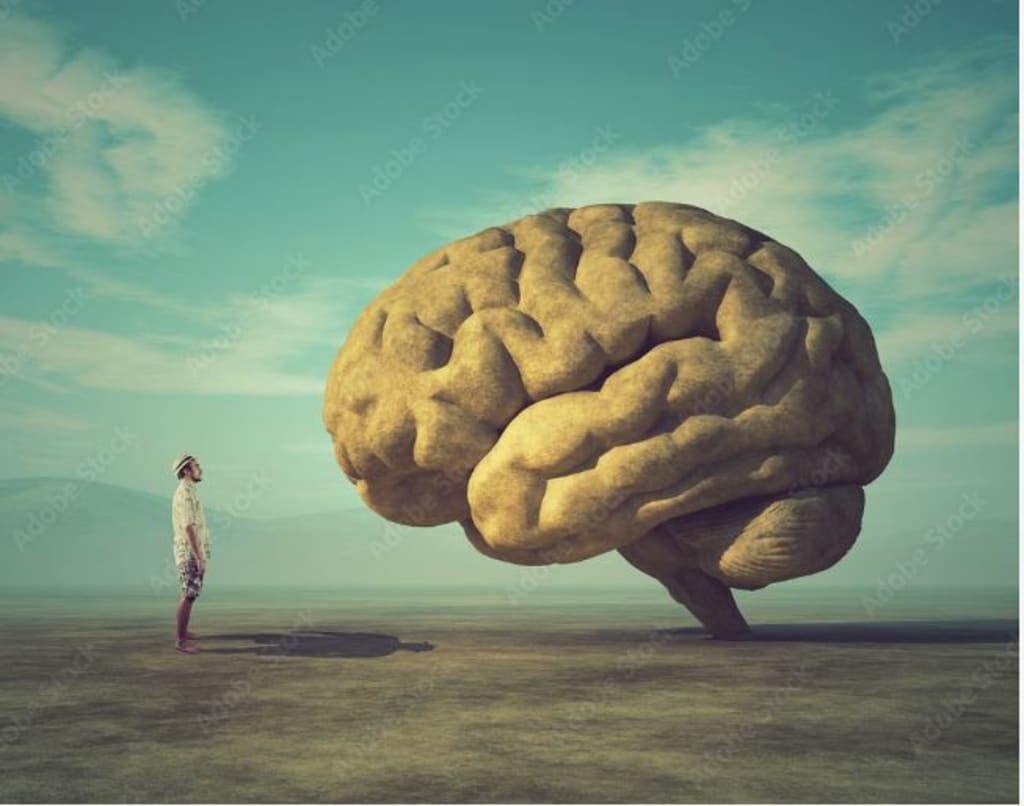
The colonization of African countries refers to the period from the late 19th century to the mid-20th century when European powers established political control over various regions in Africa. This period is commonly known as the Scramble for Africa. European powers established political dominance over African countries in order to exploit Africa's vast resources, such as minerals, agricultural products, and labor, to fuel industrialization and economic growth in their home countries. In 1884-1885, the Berlin Conference was convened to divide Africa among European nations. The conference disregarded African sovereignty and divided the continent into arbitrary territories without consulting or considering the interests of African peoples.
European colonizers imposed their political, economic, and social systems on African countries. They introduced centralized governance structures, exploited natural resources, established plantations, and implemented policies that favored European settlers and companies over the indigenous population. Colonial powers undermined indigenous cultures and traditions, imposing their own languages, religions, and customs. African languages, institutions, and identities were marginalized, suppressed or completed destroyed. The colonizers went on to divide Africa and create artificial borders that did not align with pre-existing ethnic, linguistic, or cultural boundaries. This resulted in divisions and tensions among different ethnic groups, leading to conflicts that persist to this day.
African people resisted colonization through armed resistance, diplomatic negotiations, and socio-cultural movements. This ultimately led to the rise of African nationalism and independence movements in the 20th century. After decades of colonization African countries began to gain independence through negotiations, peaceful transitions, or armed struggles but the damage was already done. Most of the African countries still owe the elegance to their former masters to date. In some countries, the legal and judiciary systems are still that of the former colonizer though the citizen believes they are liberated. In some countries, the judges still dress up as their colonial masters used to 50 or so years ago.
Generation after generation the cycle of mental slavery persists in the minds of most Africans and is further perpetuated by their leaders who constantly have to refer to their masters to check if the decisions taken about their countries resonate well with those of their former masters. Majority of young Africans grow up believing that their only way to demonstrate their abilities is by leaving Africa and going to the European countries of which most of them are their former colonizers. The dressing code, music sense and culture passed on to the current generation still signify the deep effects of colonization that runs in the lives of Africans. African cultures and traditions in most parts of Africa are demonized and down trotted in favor of Western culture.
With the scourge of climate change affecting the whole world though Africa being the least contributors towards climate change, African leaders were told to move away from fossil fuel to green energy and without questioning it they are hard at work to implement what the “boss said”. Most African countries never had any reliable source of energy they continuously experience power cuts and black out. African coal is been exported on daily basis to power coal power stations in Europe and China yet African countries are advised to close coal power stations. Several pledges are made for African countries to transition towards unsustainable source of energy (green energy) which runs a risk of destroying already destroyed African economies.
While many Africans believes in the fallacy of their liberation most of their mineral resources are still been mined by multinational companies and leave African shores as raw material to be processed outside the continent. Poverty, pollution and degradation are left behind after this mineral resources are completely stripped off the ground.





Comments
There are no comments for this story
Be the first to respond and start the conversation.